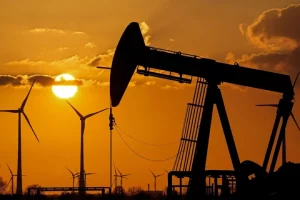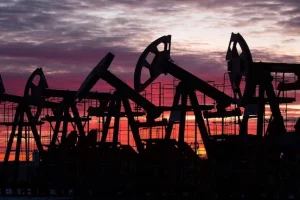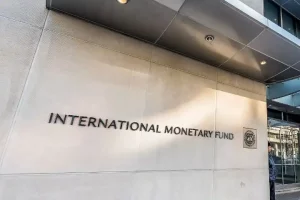The stringent sanctions slapped by the US, UK and several other EU nations on Russia have not directly targeted the energy sector as a supply shock would further add to inflationary trends. Despite the rising geopolitical tensions, Russian oil continues to be available in the international market. Analysts said that the supply of oil is likely to remain uninterrupted through the year as demand soars with easing of Covid 19 restrictions, the world over.
Uncertainties after the Russian invasion into Ukraine however have already led to a surge in oil prices. After 2014, Brent crude for the first time, breached the $100 a barrel mark. Europe sources about 35 per cent of its total energy requirements from Russia.
Also read: Why Ukraine crisis exposes limits of Western power
According to a Citigroup report, high energy commodity prices this year will push Europe’s bill to a record-high of $1.2 trillion.
The report said that in 2021, Europe’s energy bill was just $300 billion.
A report by the State Bank of India said that trends since 2018 have indicated that it takes around 18 months for crude prices to crash by as much as 67 per cent from the highest level and 30 per cent drop from the highest level could even come in less than three months. “Thus the decline in crude prices from the current high levels could come even faster going by the recent trends and it augurs positive for overall macro prognosis,” it said adding that financial markets are also expected to recover faster after a geo-political induced decline.




















